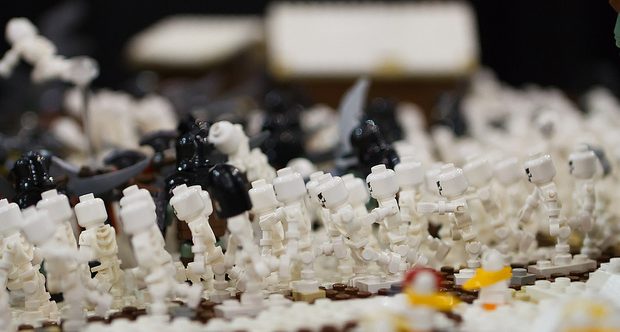Philosophizing Ennui
Jesús Silva-Herzog Márquez
We’ve invented a civilization of perpetual entertainment in order to keep the monster of boredom at bay. Our world is lined with sounds, so that we won’t perceive the silent abyss. Games surround us, so we can stave off the anxiety of waiting. We kill time through ongoing, empty communications. A fight to the death against any idle moments. A fairly idiotic blog has even decreed the victory of technology over boredom. The argument is laughable: the tools and games of the new Nomad (iPod, Blackberry, GameBoy) have finally defeated tedium, that sinister nemesis of vivacity.
Lars Svendsen, a professor from the Norwegian city of Bergen, has published A Philosophy of Boredom (The University of Chicago Press, 2004). The mere thought of a Norwegian philosopher expounding on the phenomenology of boredom may seem like imminent torture: a slow death by run-on paragraphs of hermetic erudition. But in fact, it’s quite the contrary. A text filled with humor and density; a fresh, sharp reflection. A Philosophy of Boredom is a book with all the grace and passion of a good metaphysical essay. The imprecision of the experience described therein finds its precise form in the essay’s meandering. Svendsen does not go out in search of a definition; he presents a mosaic of sketches in order to gain a better understanding of the overwhelming nature of boredom. Thus, he wanders: from the germination of the word to its theology; from Samuel Beckett to the Sex Pistols; from the cinema of Cronenberg to the philosophy of Kierkegaard; from Andy Warhol’s notebooks to Pascal’s Thoughts.
Boredom, that vague, unimpulsive desire, is born out of criticism. It expresses deep dissatisfaction with everything that’s going on, with all that one possesses, with existence itself. And the mother of modern boredom is a sin: acedia, an existential meringue that plagued religious orders. A slothful monk commits the deadliest of sins: he snubs the creator; he dares to despise him, judging his creation incomplete. Indeed, Svendsen makes much of the fact that at the French court, boredom was exclusively the king’s prerogative. The monarch could yawn during a play or an audience, but no one else was allowed to show any signs of boredom in the monarch’s presence. That would be equivalent to dismissing him as boring: unforgivable insolence. Because anyone can tolerate a bore. What’s unbearable are those who find us boring.
Boredom is the hijacking of nonsense. “To suffer without suffering, to love without will, to think without rationale,” as expressed by that spokesman of disquiet, Fernando Pessoa. In our time, boredom nests within the absence of personal meaning. Our Norwegian philosopher suggests that this is due to the fact that everything reaches us already codified, resolved, digested. But we also need to find our own meaning. “Man is a being who creates his own universe, a being who actively builds his world. But, if everything is ciphered and codified beforehand, the active constitution of the world turns out to be superfluous. Thus we lose the capacity for friction in our relationship to the world. We, the Romantics, require sense that is susceptible to being made on our own, and those who throw themselves into this task of self-realization confront, necessarily, the problem of meaning.”
This burnout doesn’t seem to have any solution. Neither the empire of fashion and its routine novelty, nor the artifacts that burn away time, are cures. They may even be quite the opposite: by depending on all of our gadgets, we confess our incapacity to individualize ourselves from our selves. Perhaps Joseph Brodsky will come to the rescue: instead of fleeing from boredom, we ought to embrace it. In a brief, but luminous essay, titled precisely “In praise of boredom,” the Russian poet suggests that there is no encounter with time more profound in all its brutality, redundancy, and monotonous splendor than that which is experienced within the belly of boredom. Boredom is our window towards infinity.
Posted: April 11, 2012 at 7:17 pm










